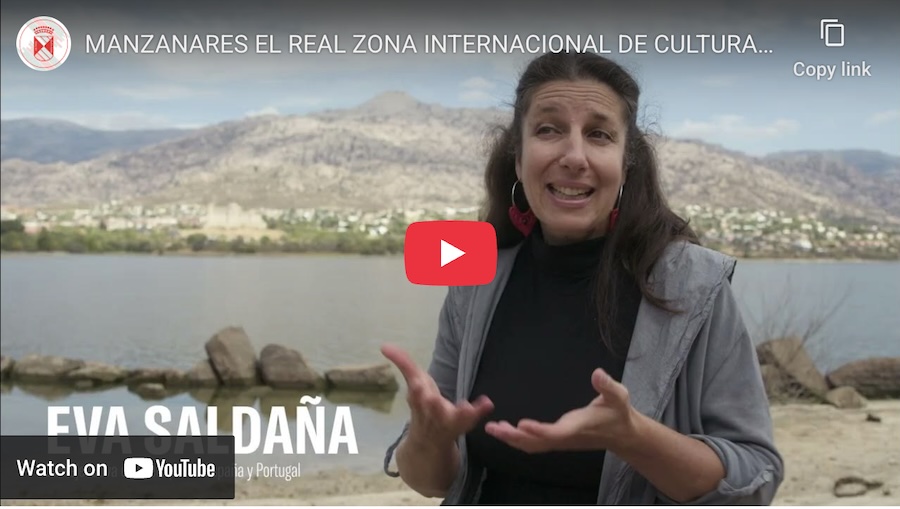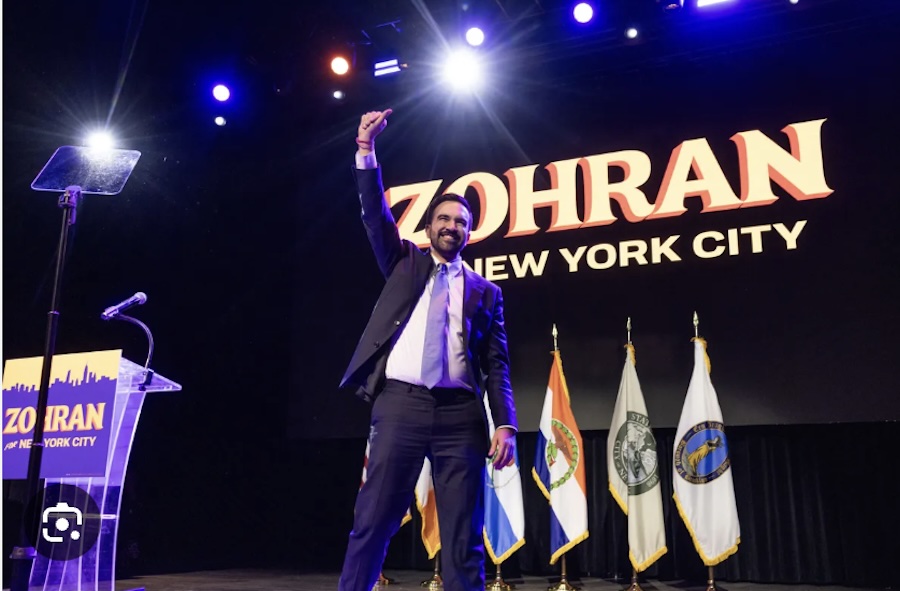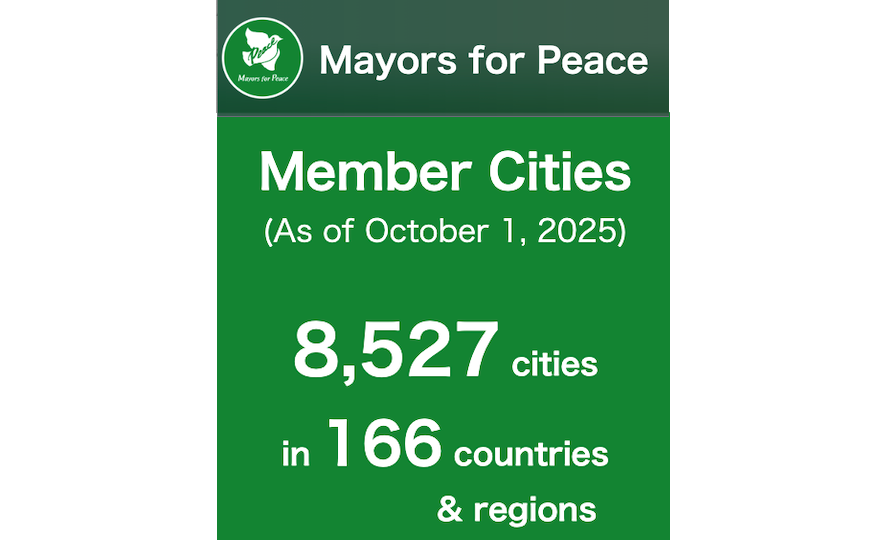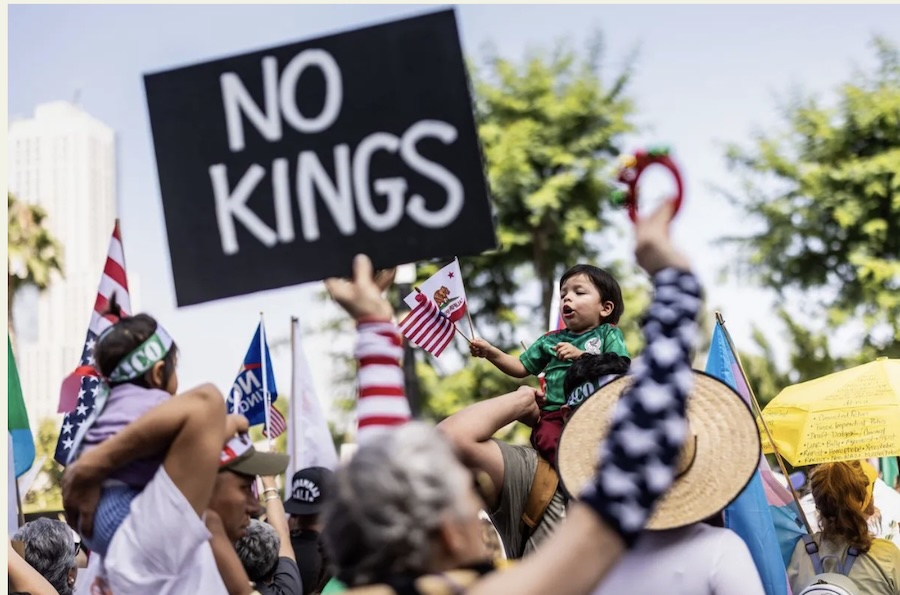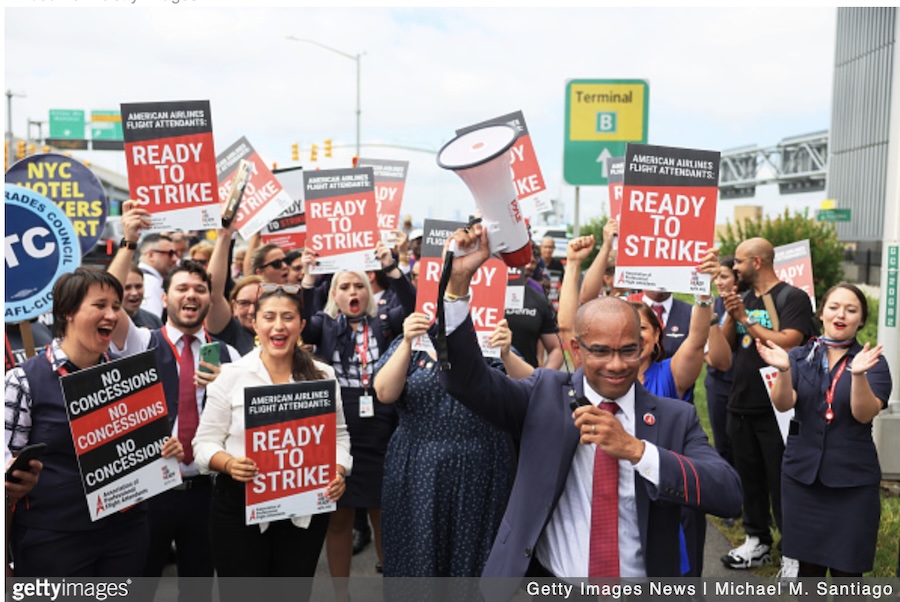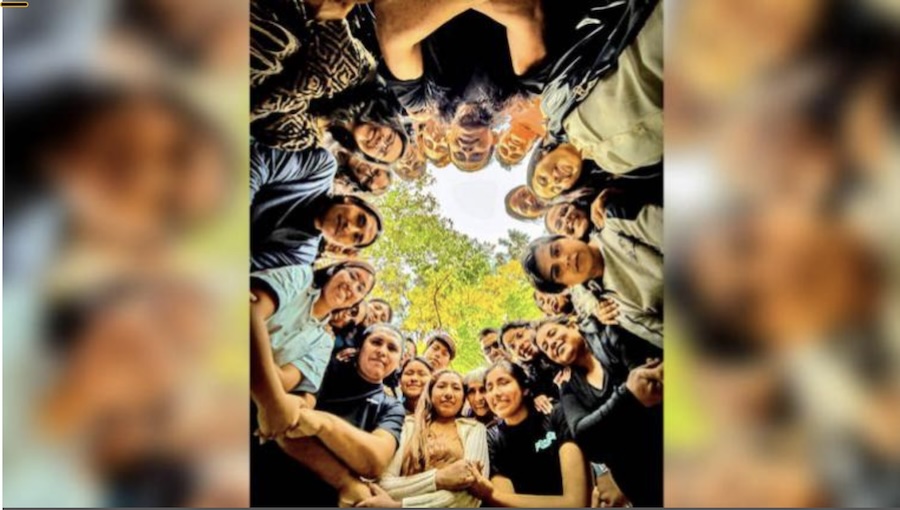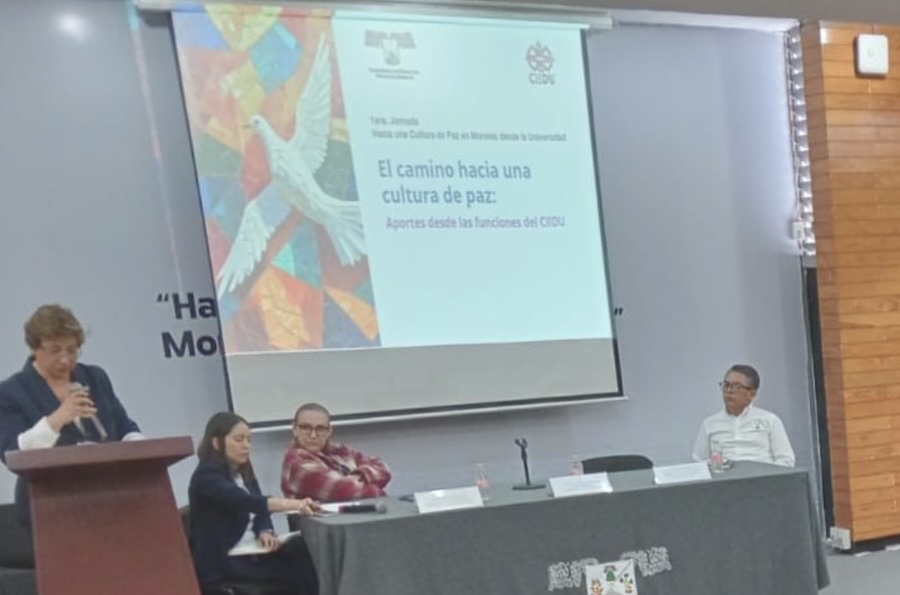. DEMOCRATIC PARTICIPATION .
An article from the International Parliamentary Union
The Inter-Parliamentary Union (IPU) joins the international community in marking the first International Day of Peaceful Coexistence on 28 January 2026.
This new international day was adopted by the United Nations General Assembly in March 2025 through resolution A/RES/79/269, proposed by the Kingdom of Bahrain with support from the King Hamad Global Center for Coexistence and Tolerance.
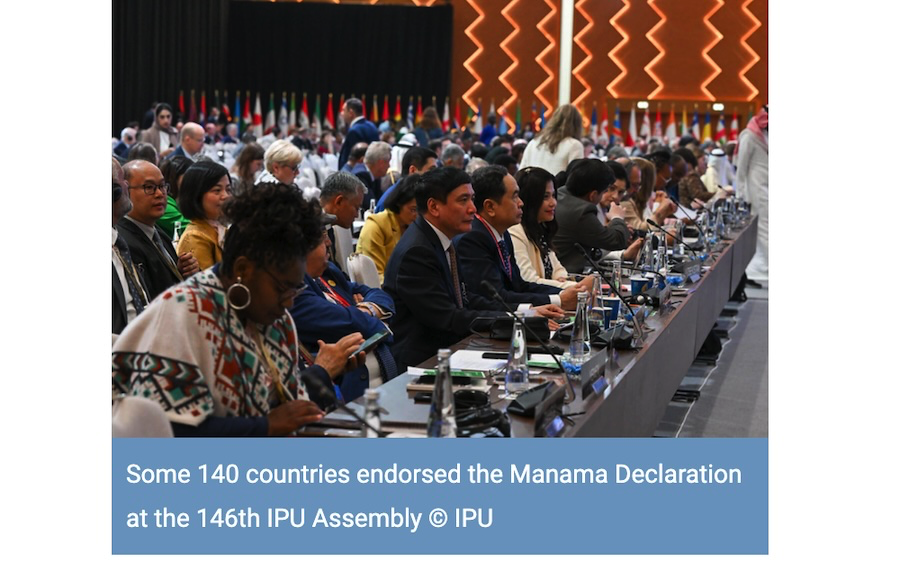
At a time of toxic polarization, growing distrust and division, parliaments have a unique responsibility to promote peaceful coexistence and inclusive societies, and to fight intolerance through their legislative, oversight and representative roles.
(Article continued in the column on the right)
Where in the world can we find good leadership today?
How can parliamentarians promote a culture of peace?
(Article continued from the column on the left)
By celebrating diversity, promoting peace education, and holding governments to account for human rights commitments, parliaments can and must create an environment in which every person is treated with dignity and respect.
The IPU’s agenda is firmly anchored in building more cohesive and just societies through parliamentary diplomacy, interfaith dialogue, and supporting parliaments to be inclusive and respectful spaces, representative of society in all its diversity.
At the 146th IPU Assembly in Bahrain in March 2023, hundreds of parliamentarians representing some 140 countries endorsed the Manama Declaration, Promoting peaceful coexistence and inclusive societies: Fighting intolerance, delivering a message of hope.
Across all its work, the IPU encourages parliamentarians to counter hate speech and divisive rhetoric, to protect freedom of expression while combating incitement to hatred, and to use their platforms to counter prejudice and misinformation.
The IPU calls on all parliaments and parliamentarians to redouble their efforts to foster dialogue, bridge divides, embrace diversity and champion a culture of peace in their constituencies, countries and beyond.
– – – – – –
If you wish to make a comment on this article, you may write to coordinator@cpnn-world.org with the title “Comment on (name of article)” and we will put your comment on line. Because of the flood of spam, we have discontinued the direct application of comments.
